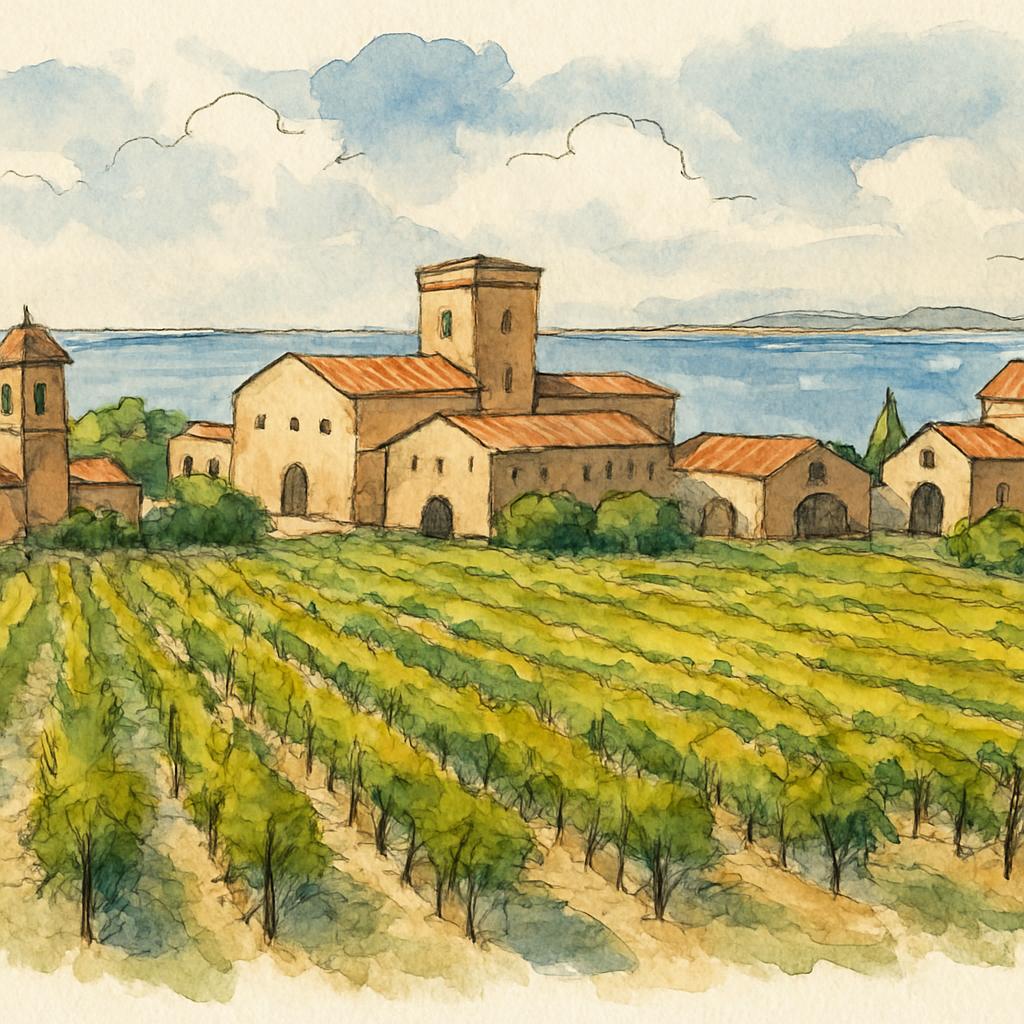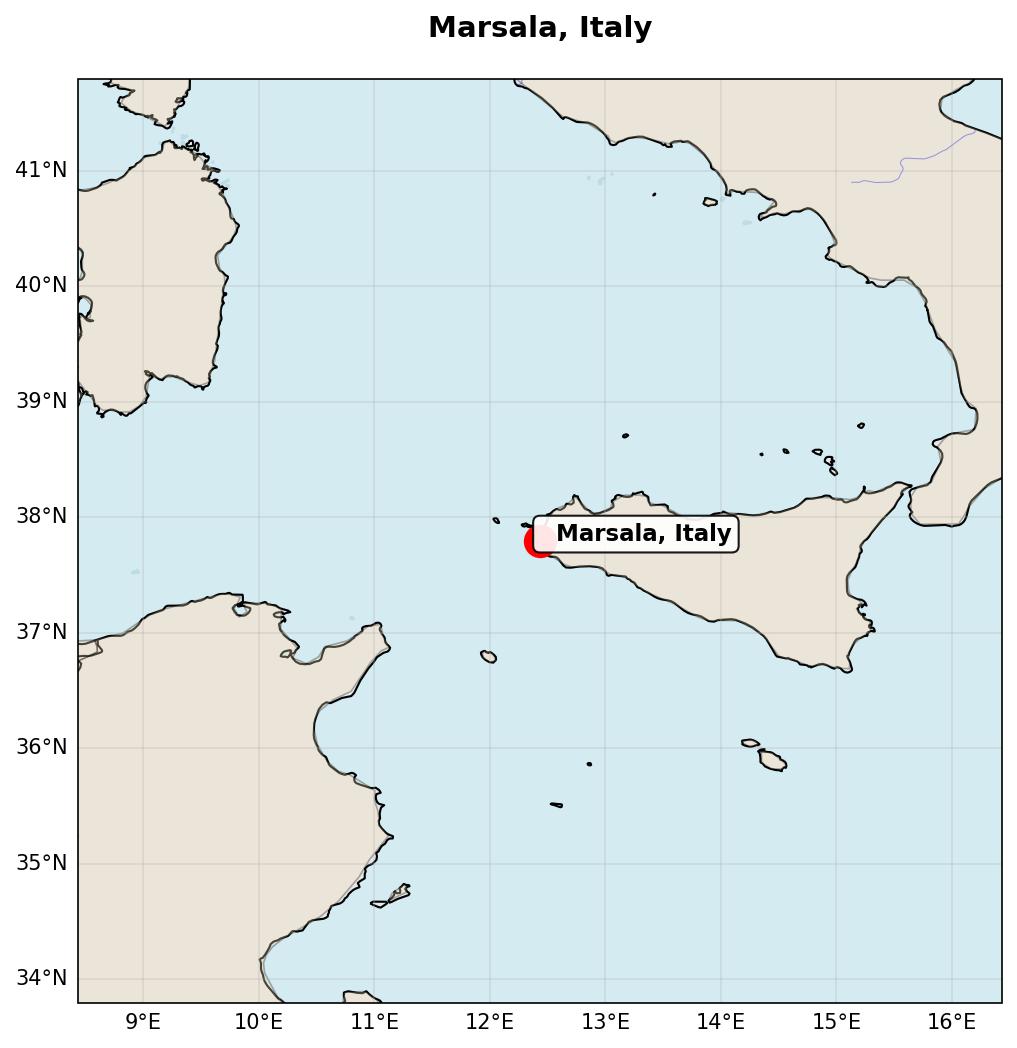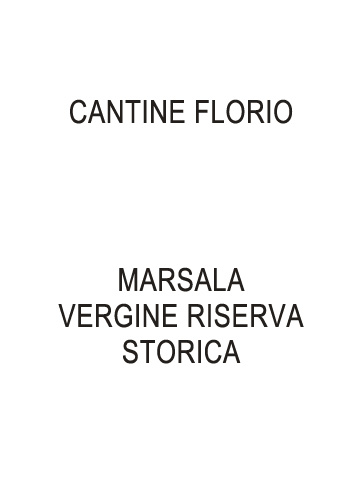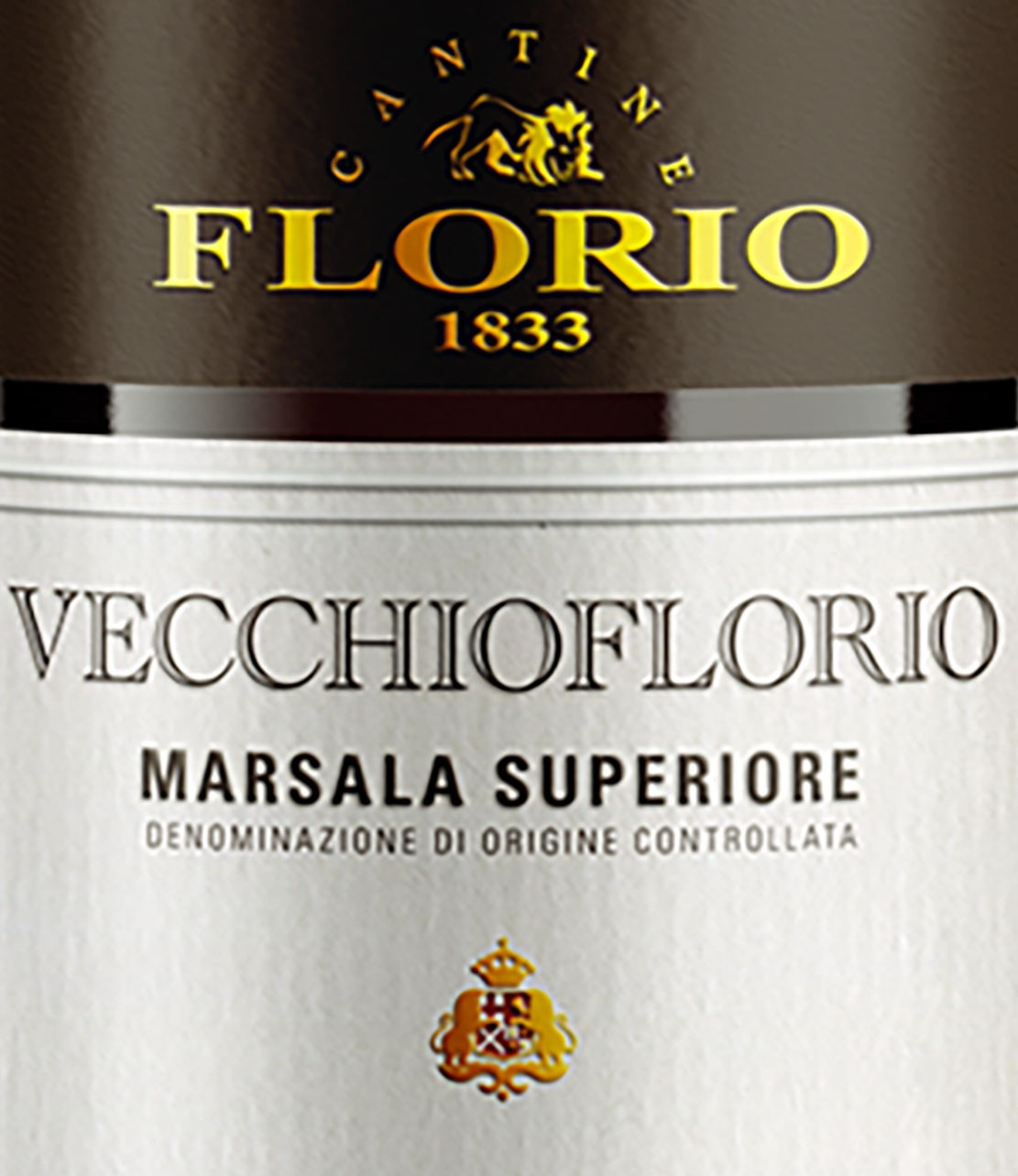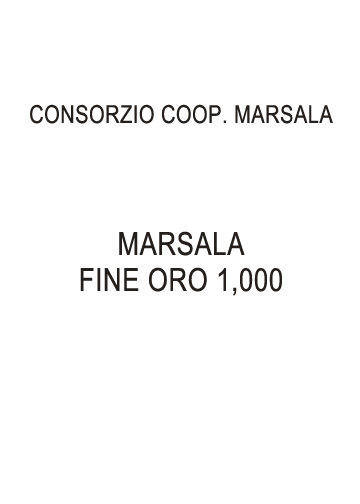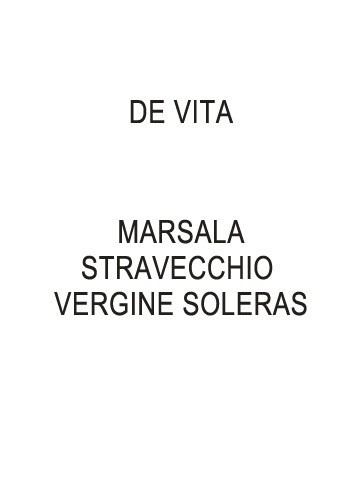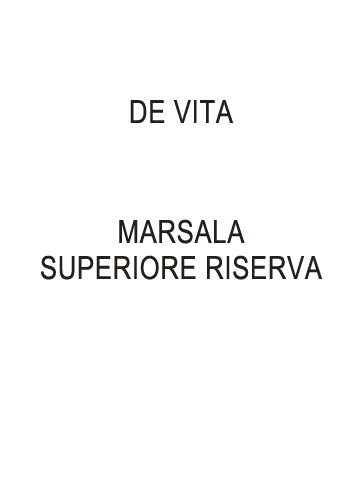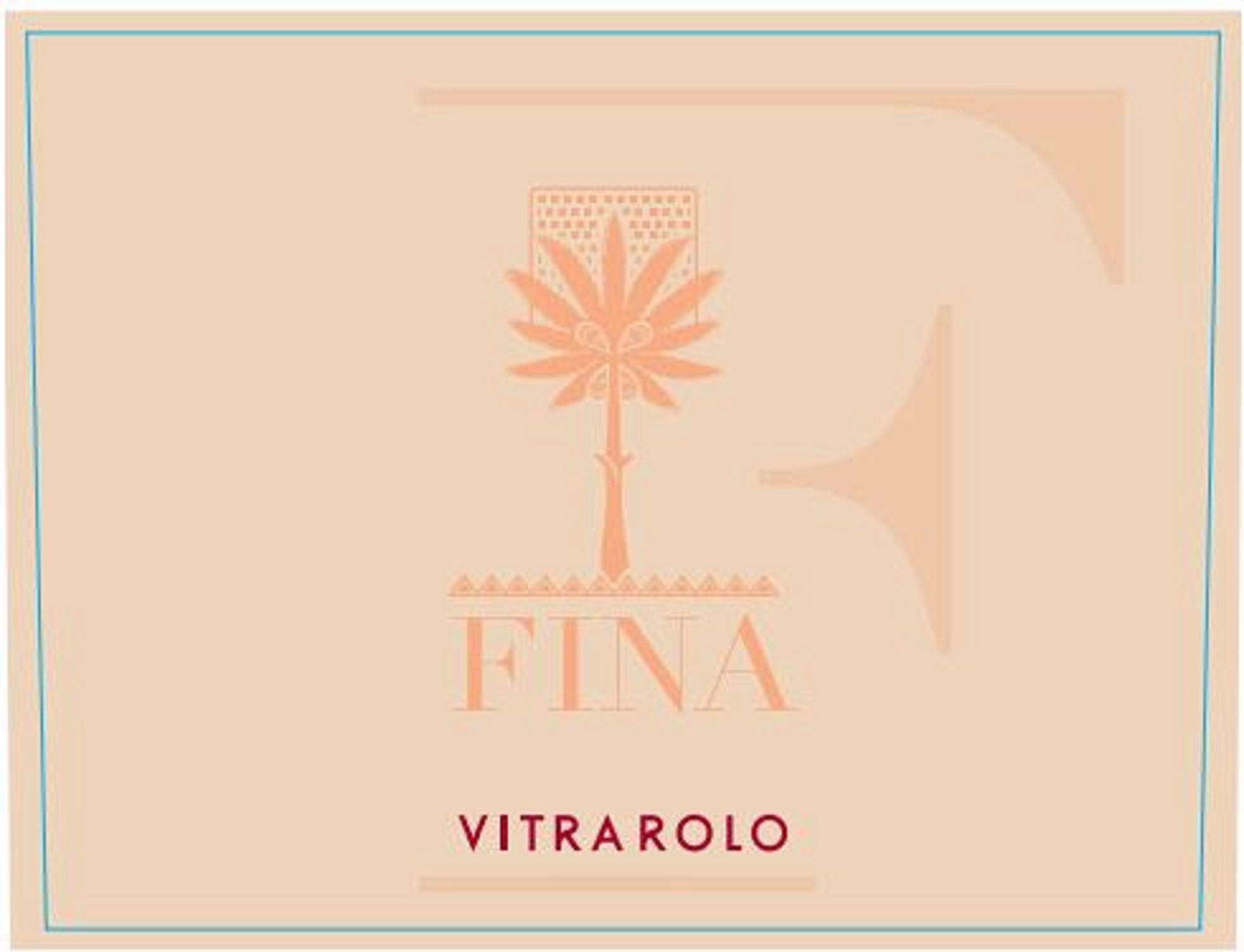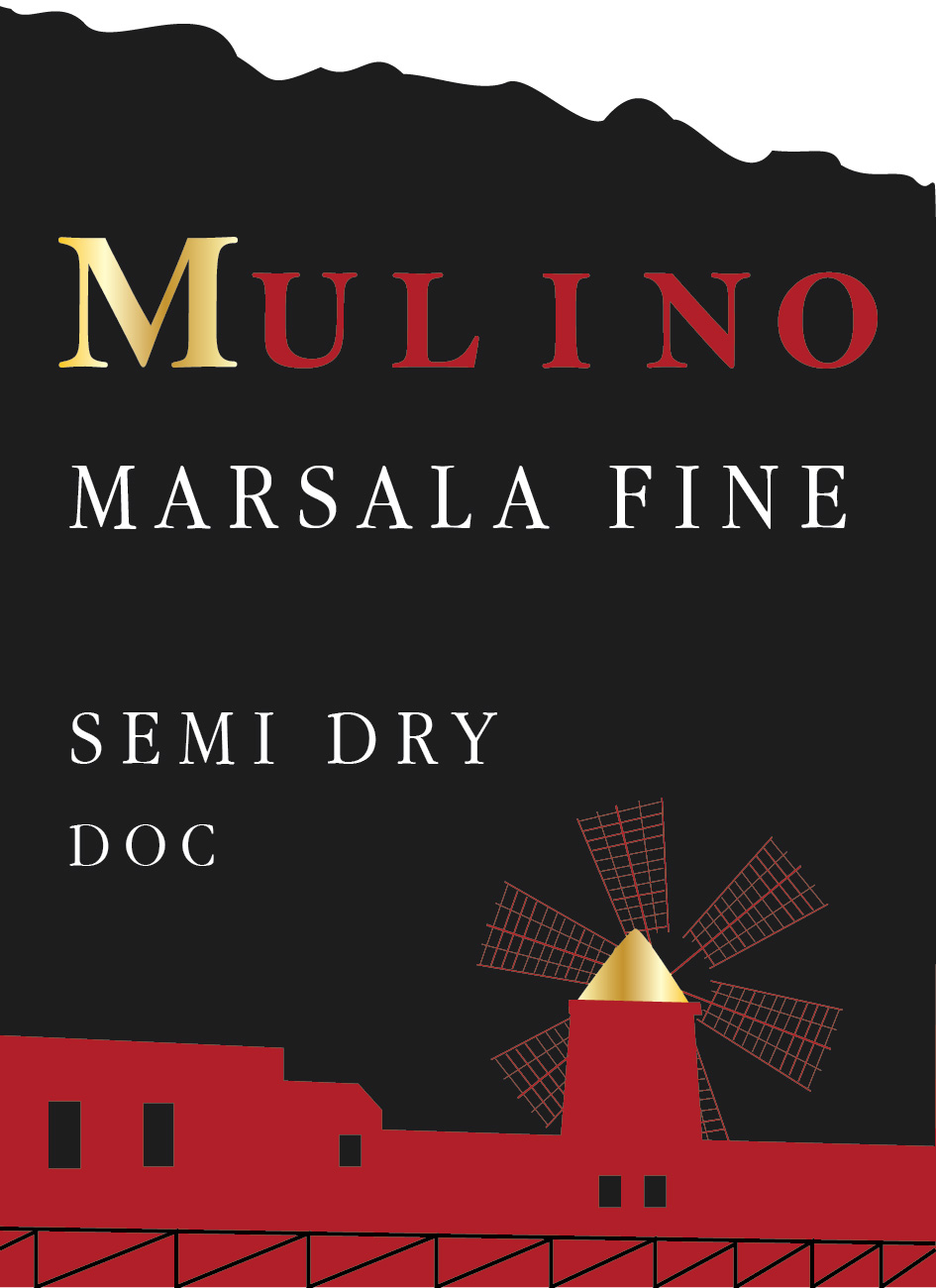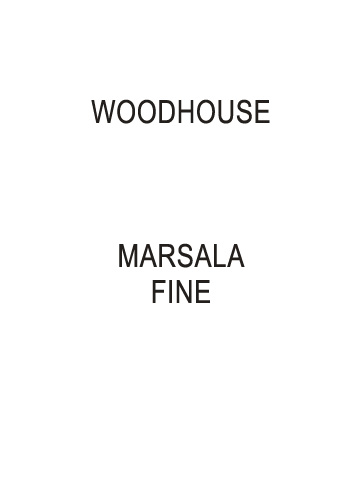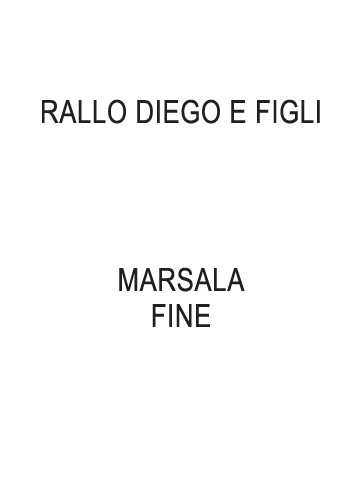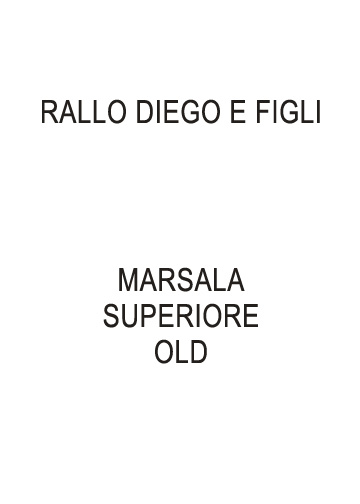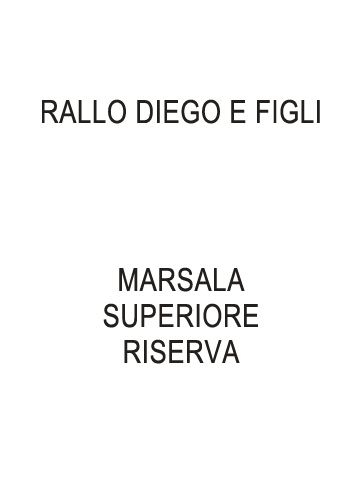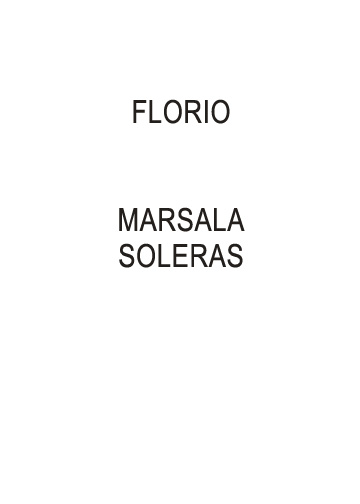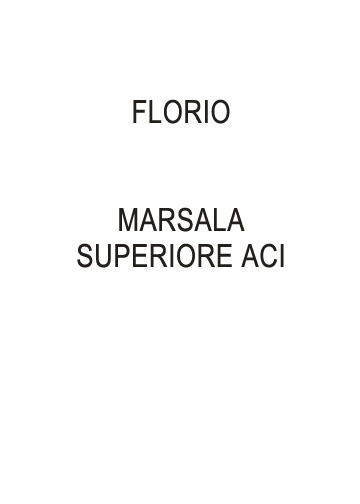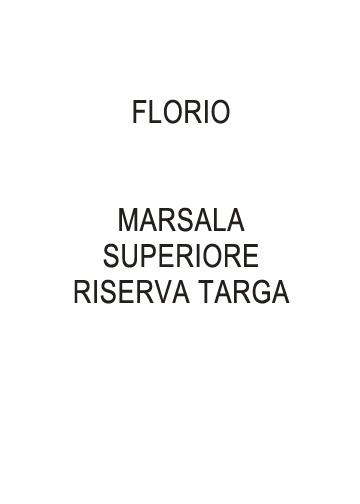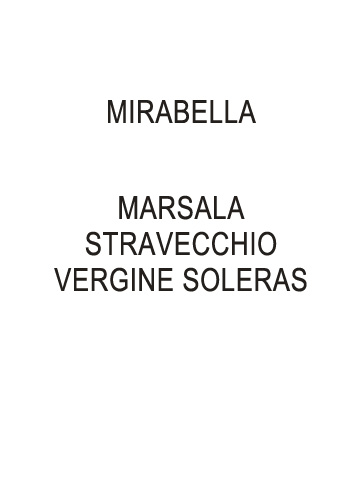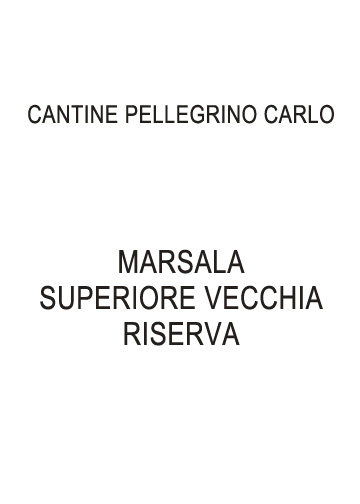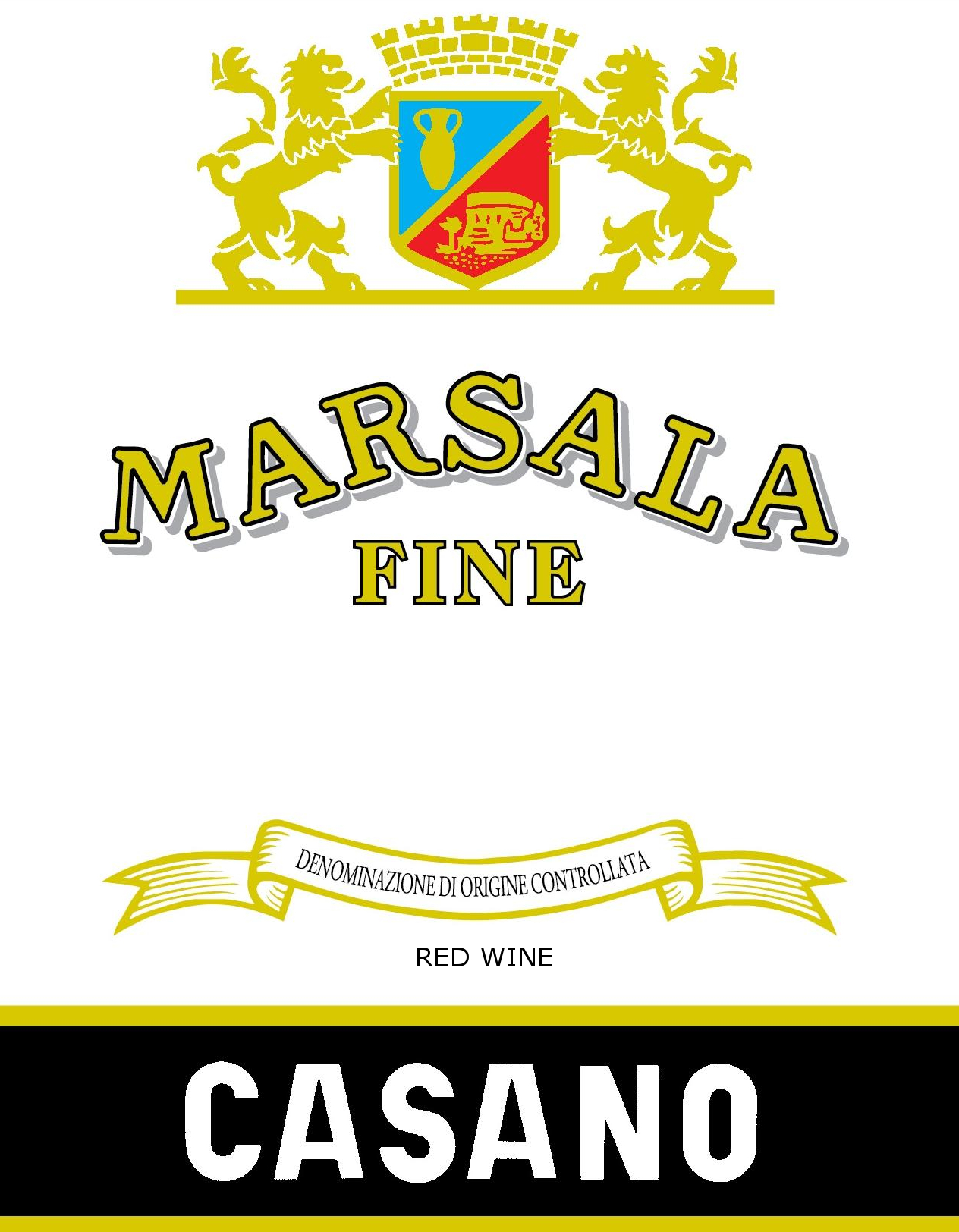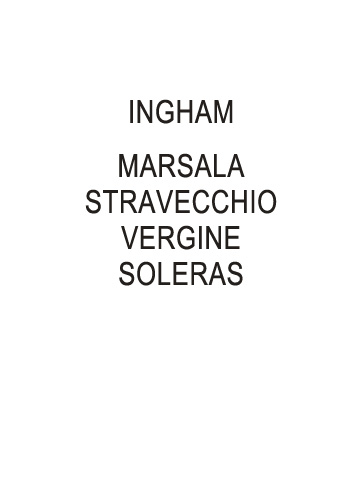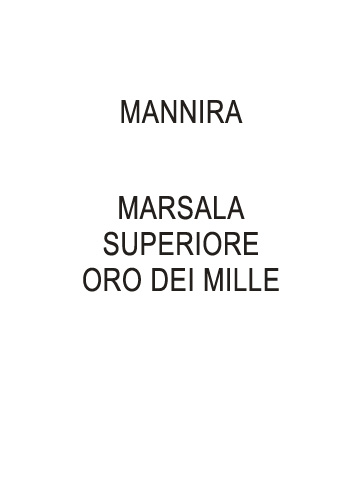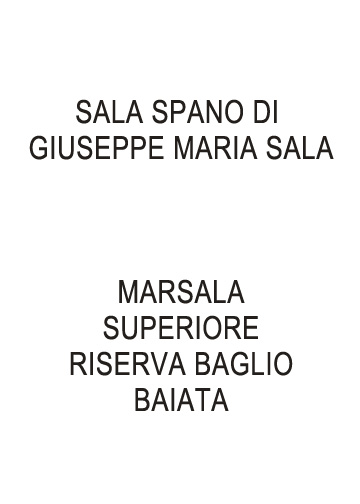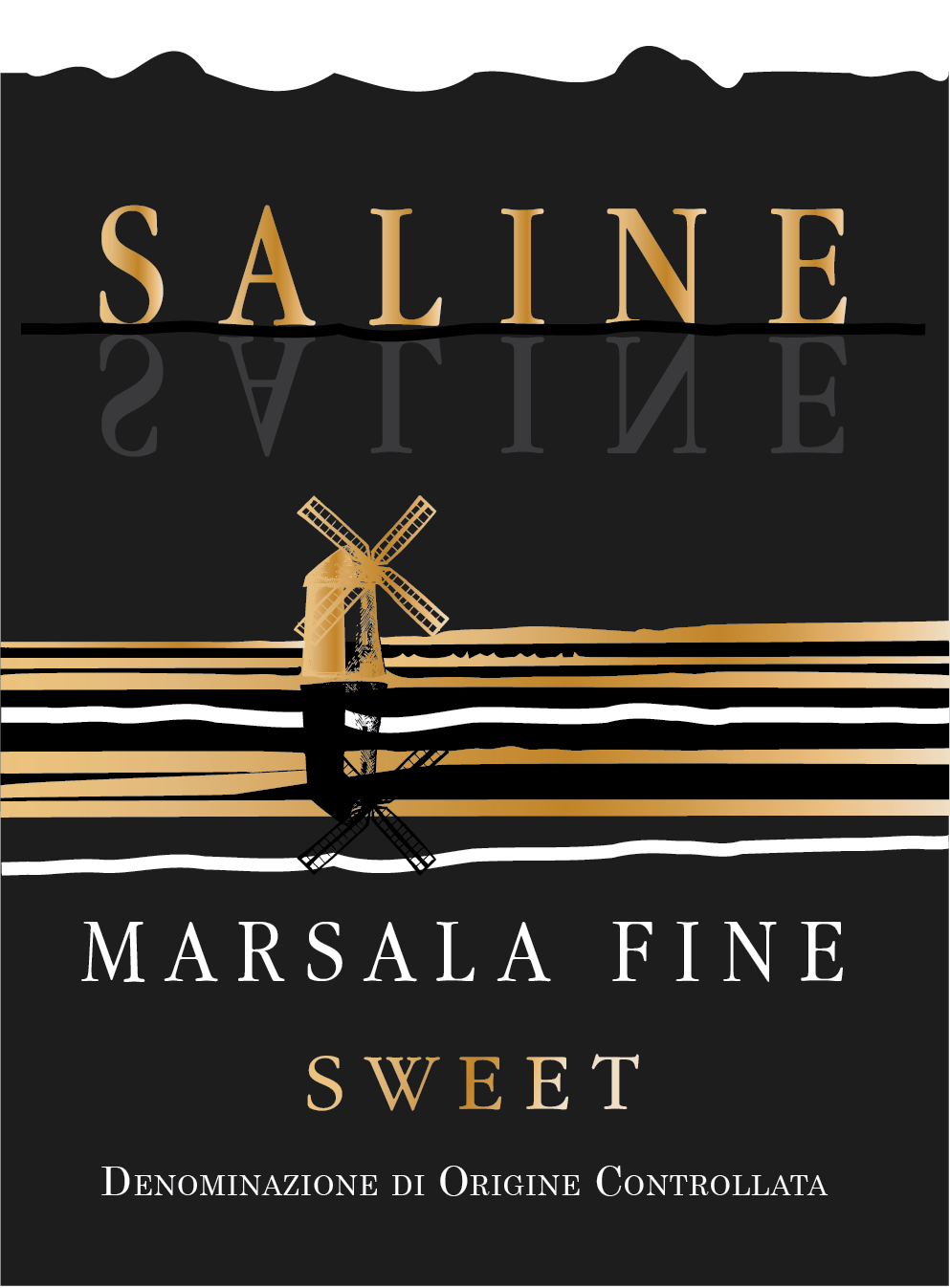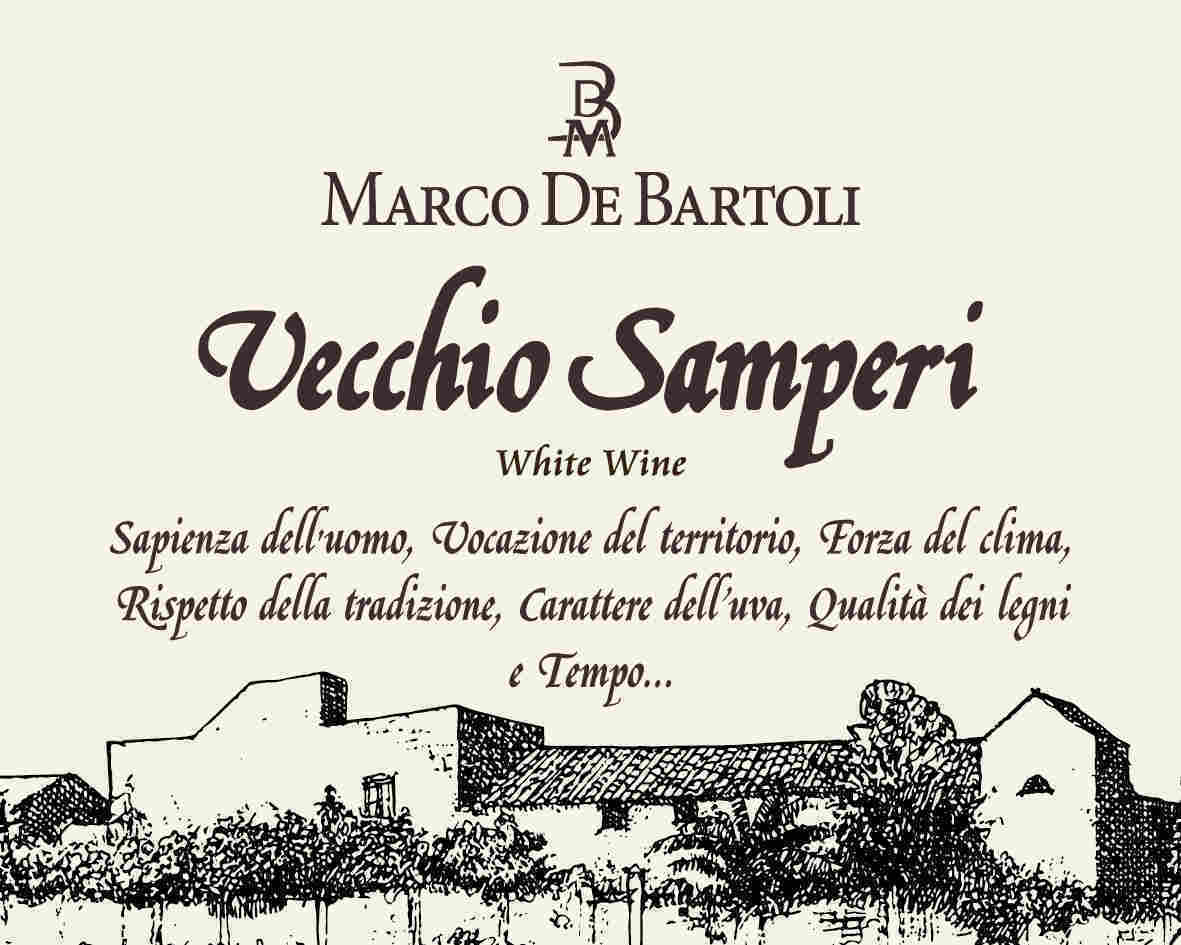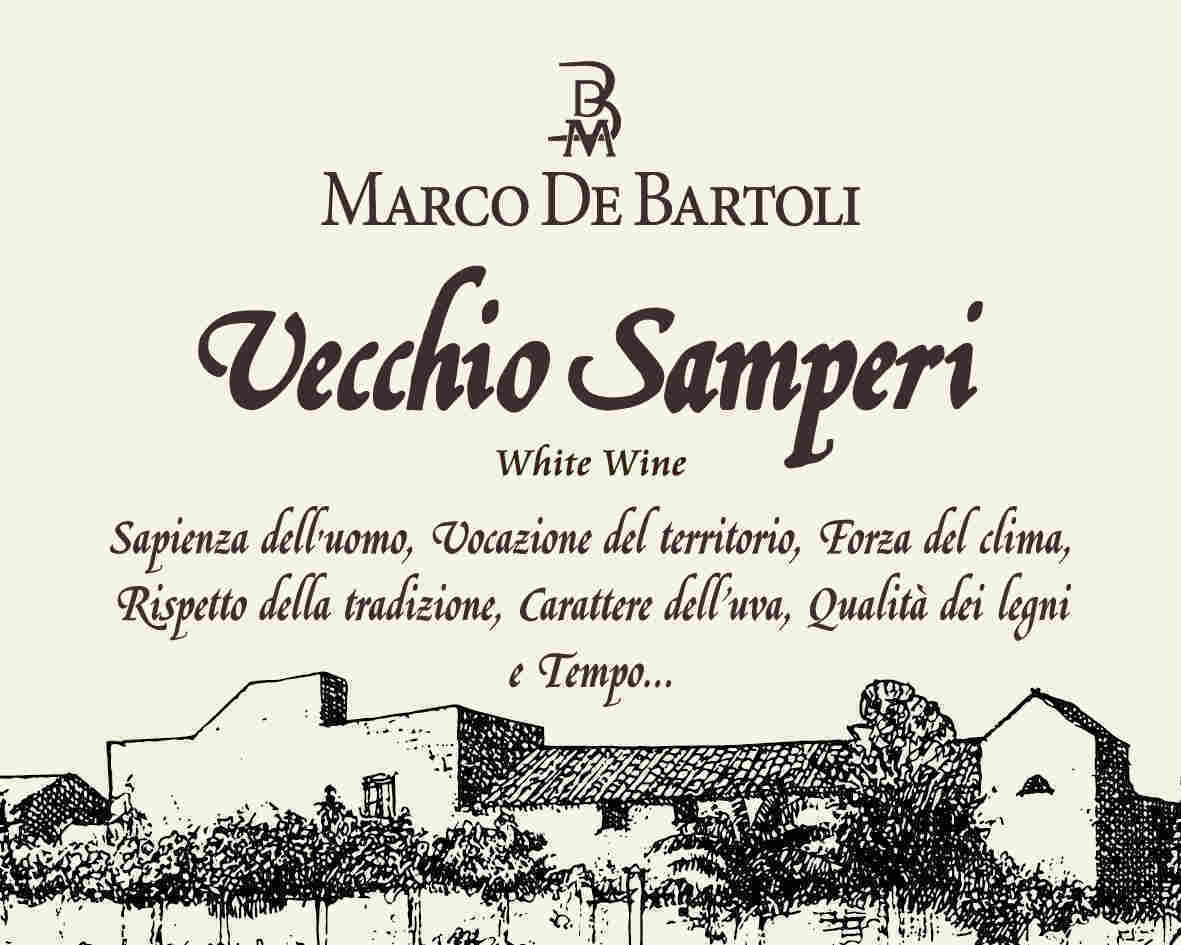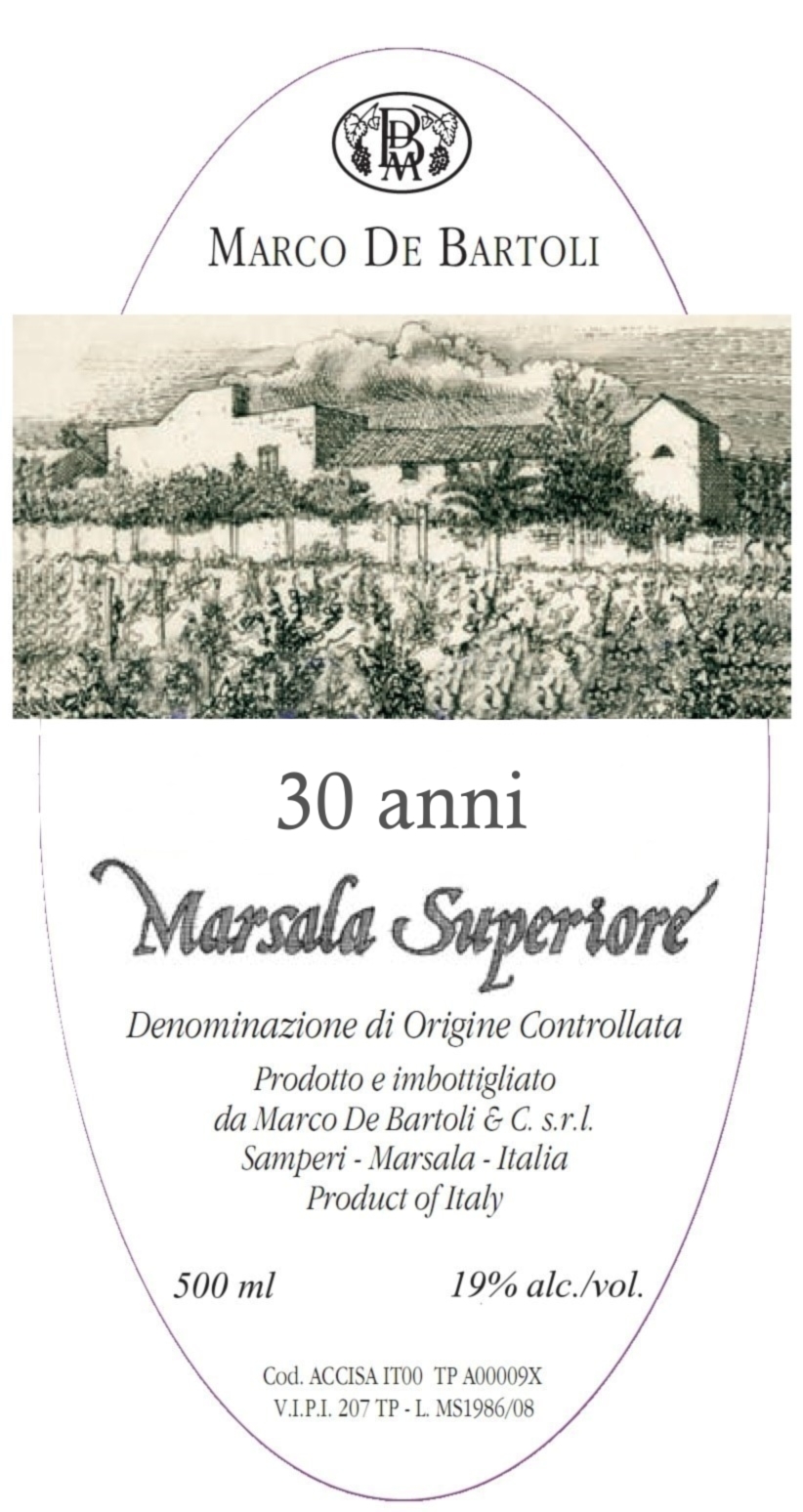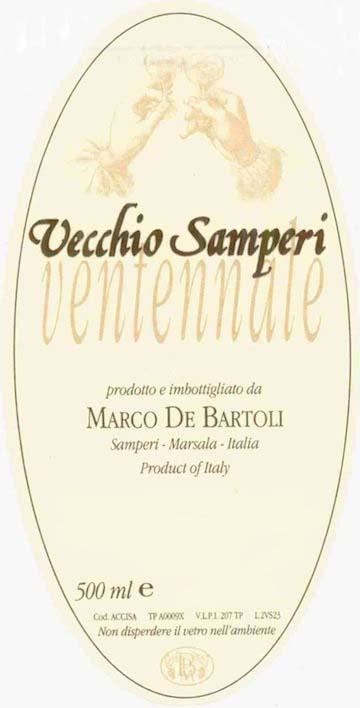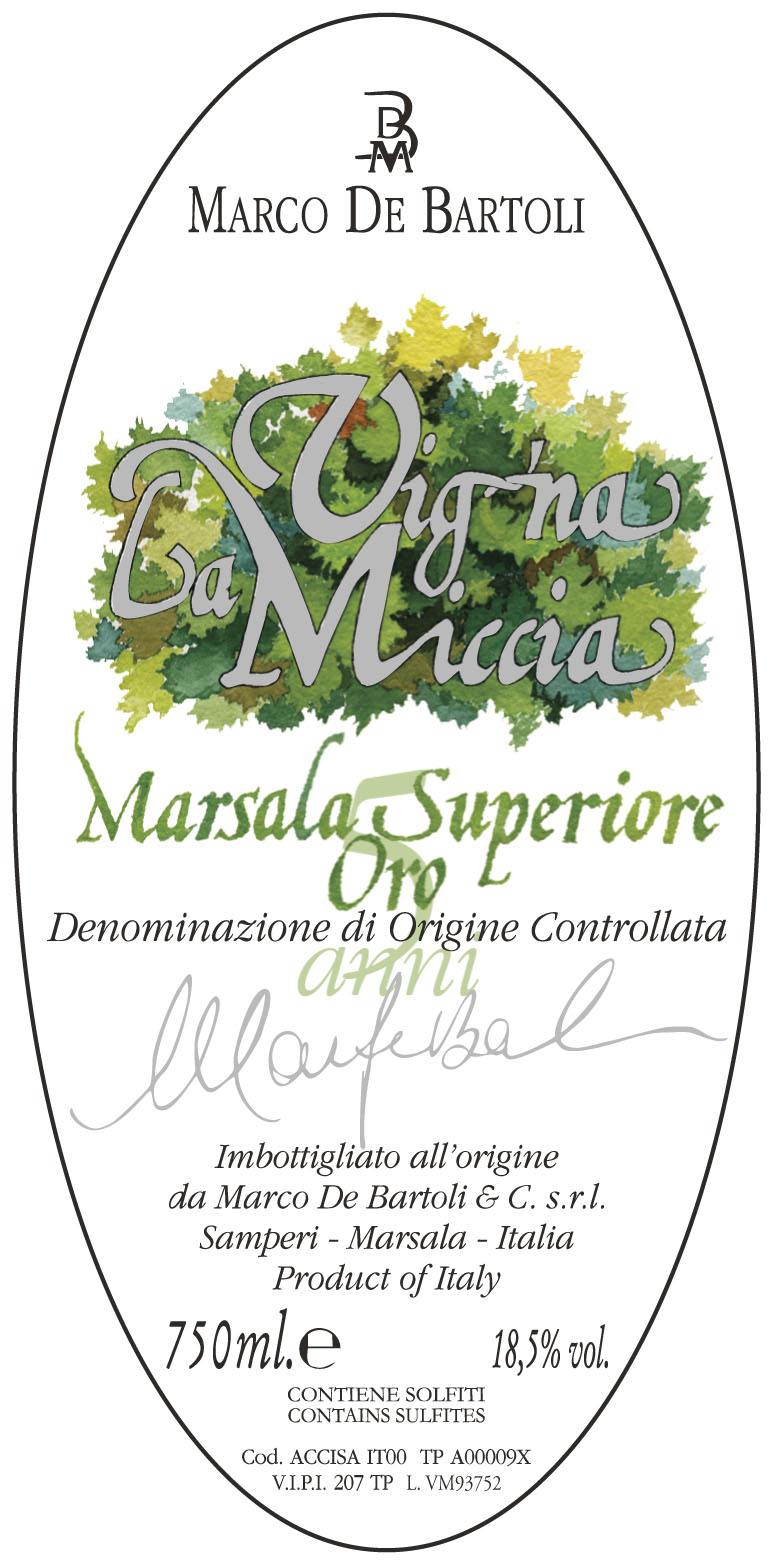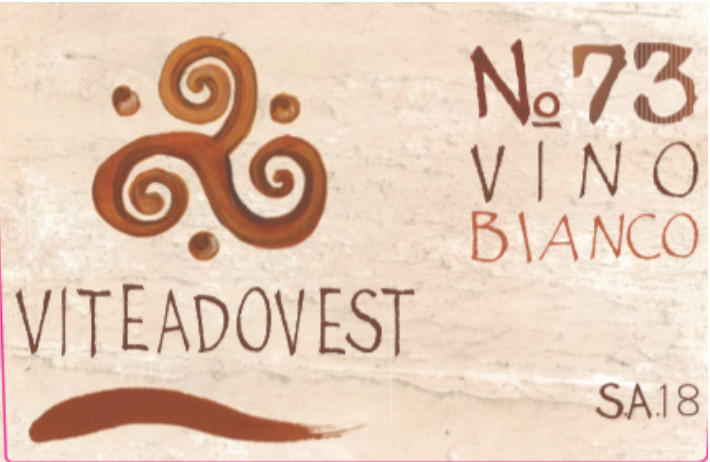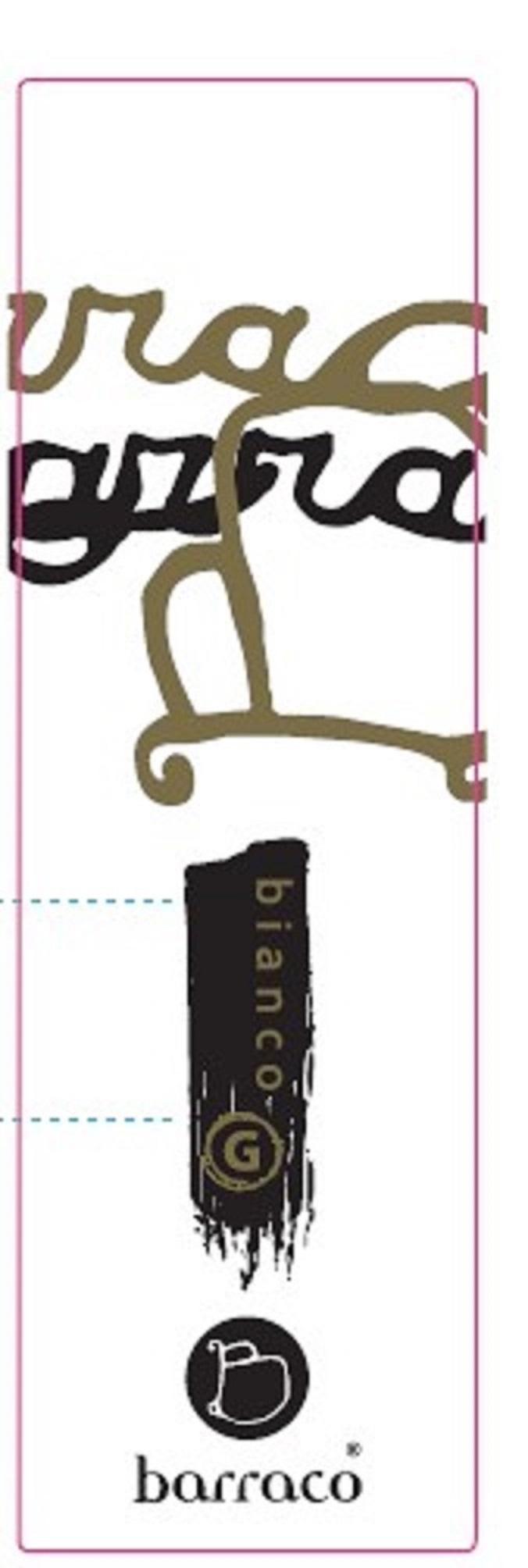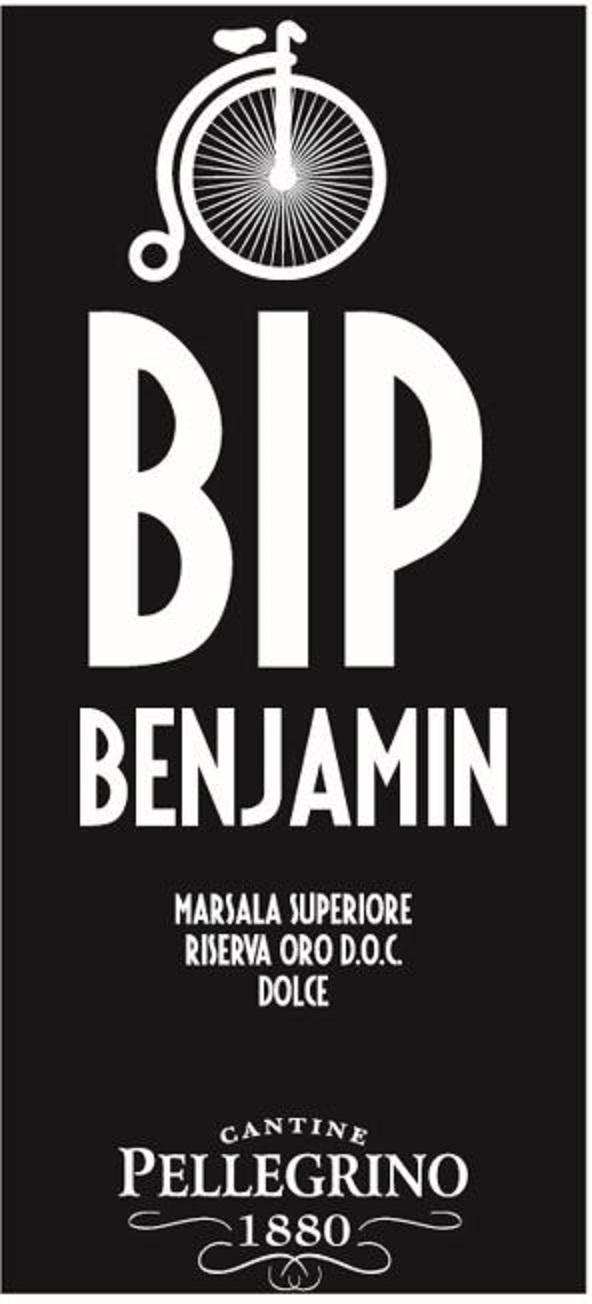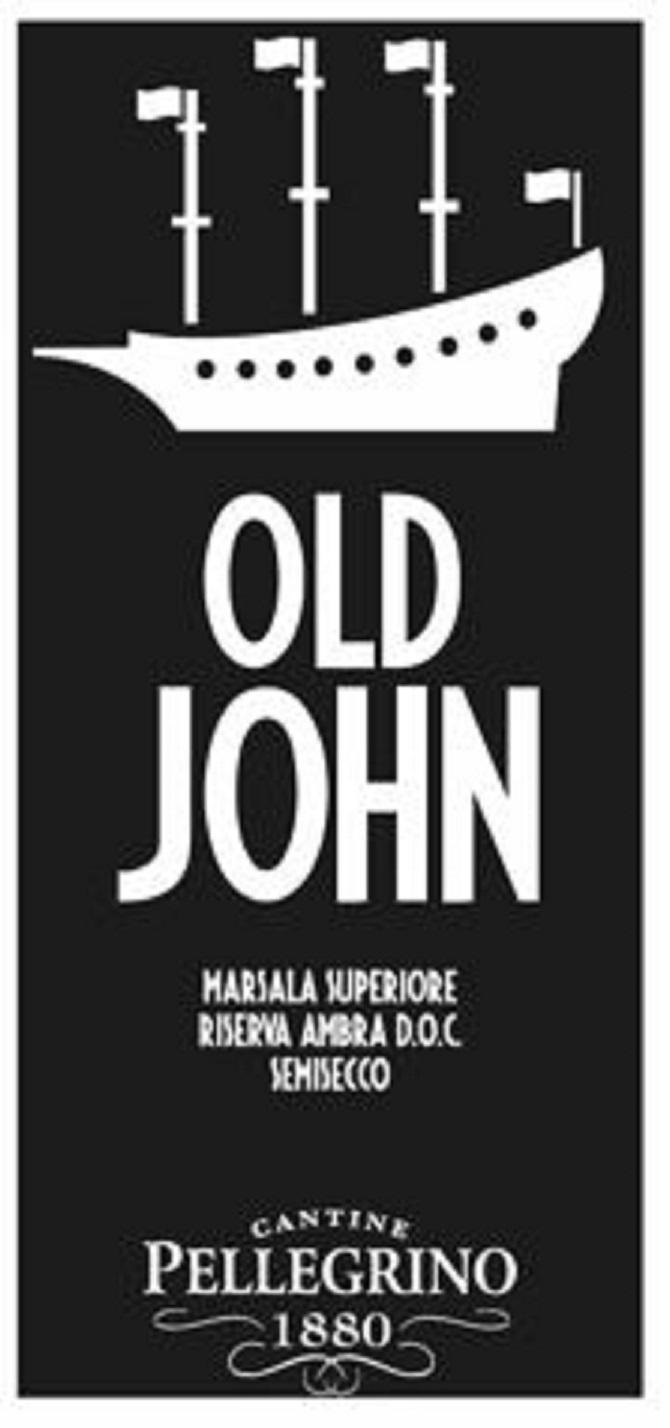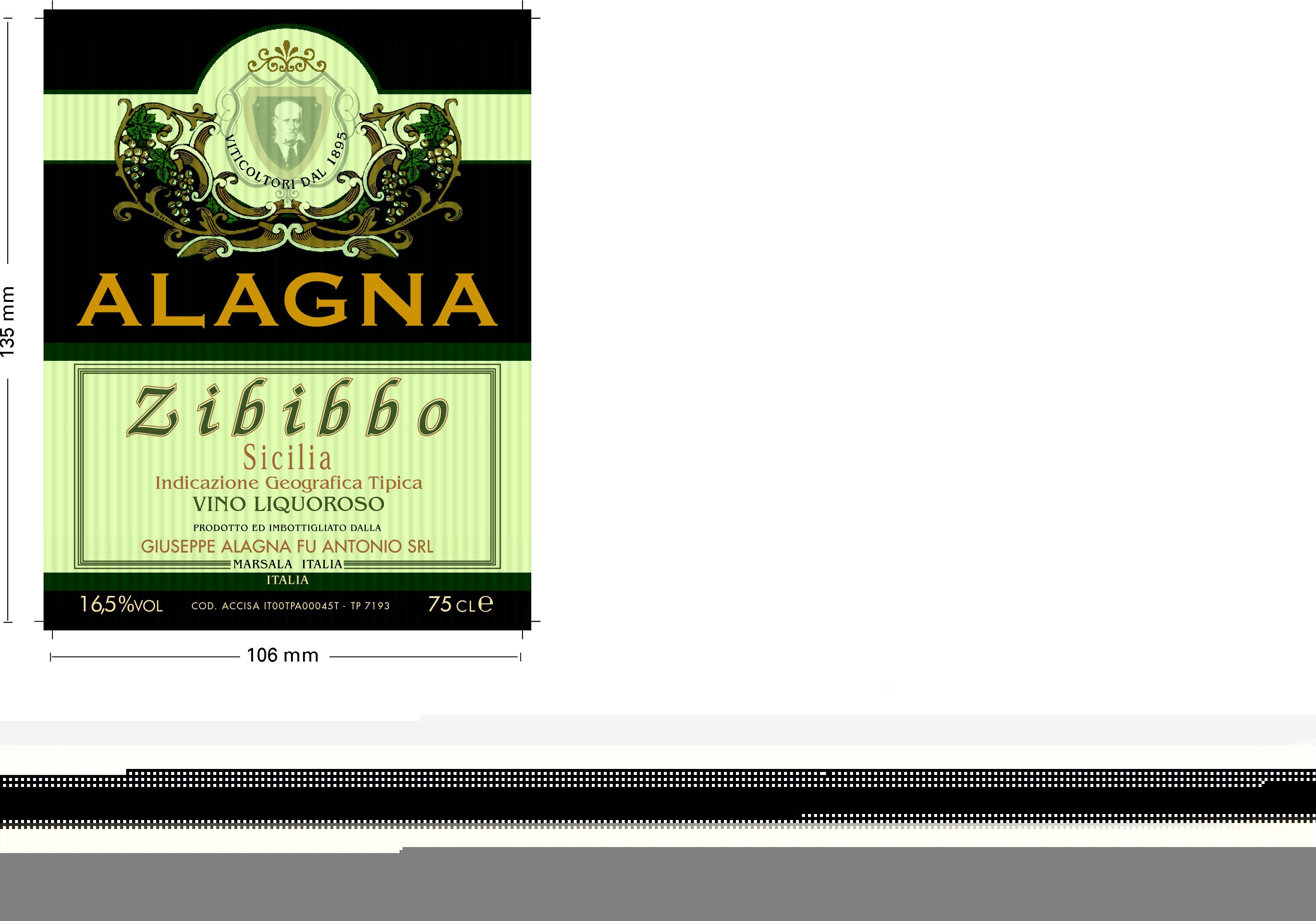Terroir of Marsala
Marsala enjoys a classic Mediterranean climate, with long, hot, and sunny summers that often exceed 35°C. The region benefits from over 2,500 hours of sunshine annually. Winters are milder and wetter, with most rain falling between late autumn and early spring. The coastal proximity and Egadi Islands provide cooling breezes, ensuring even ripening and naturally high sugar levels in the grapes.
The soil composition varies, with sandy soils mixed with calcareous clays near the coast and limestone and sandstone further inland. These well-drained soils encourage deep roots and intense flavors. The flat to gently rolling terrain, with elevations up to 350 meters, allows vineyards to soak up the sun while enjoying cooling maritime breezes. This unique combination of terrain and climate results in grapes that contribute to the robust style and strength of Marsala wines.
Notable Wineries in Marsala
Marsala, a historic wine region in Sicily, is famed for its rich fortified wines and innovative blends. The region hosts esteemed wineries that blend tradition with modern techniques:
-
Cantine Florio: Established in 1833, a cornerstone of Marsala production, offering classic styles and hosting tours of their historic underground cellars.
-
Cantine Pellegrino: Founded in 1880, known for large-scale Marsala and still wines, featuring tastings in their 19th-century cellars and modern facilities.
-
Marco De Bartoli: Since 1978, a champion of artisanal Marsala, known for traditional techniques and organic practices, producing complex and distinctive wines.
-
Curatolo Arini: A family-run estate from the mid-19th century, celebrated for its classic Marsala and single-varietal wines, combining history with modern craftsmanship.
Sustainable Winemaking in Marsala
Marsala, nestled on Sicily’s sunlit western coast, is embracing sustainability in its vineyards and wineries. Many producers opt for dry farming and traditional vine training methods, such as alberello and cordon, to conserve water while encouraging deep-rooted vines. Organic and biodynamic techniques are on the rise, with growers using cover crops and compost to enrich the soil, moving away from synthetic chemicals.
Natural pest management is key in Marsala’s dry climate, with minimal use of sulfur and copper. Wineries are turning green by recycling grape pomace for energy, installing solar panels, and harvesting rainwater. Efforts to reduce carbon footprints include using lighter glass and cutting transport distances. These eco-friendly practices, intertwined with Marsala’s traditional winemaking, ensure a future-focused, sustainable approach that respects the region’s rich heritage.
Wine Tourism in Marsala
Marsala offers a rich tapestry of wine tourism experiences, from historic cellar tours to food pairings and scenic routes. Visitors can explore the legacy of Marsala at Cantine Florio and Pellegrino, where historic cellars and guided tastings showcase the region's iconic fortified wines. Food and wine pairings highlight Marsala's versatility, with local dishes featuring the wine in both savory and sweet creations.
Scenic drives or bike tours from Trapani to Marsala reveal stunning landscapes, including salt pans and coastal views. Festivals celebrate the region's winemaking heritage, offering a vibrant cultural experience. Additionally, wine education is available through museums and tasting workshops that delve into Marsala’s history and production methods.
These activities, paired with the region's commitment to sustainable practices, highlight Marsala's unique blend of tradition and innovation, providing an enriching experience for wine enthusiasts.
